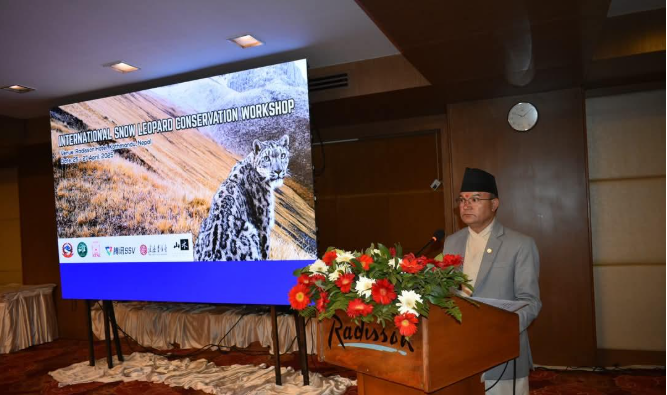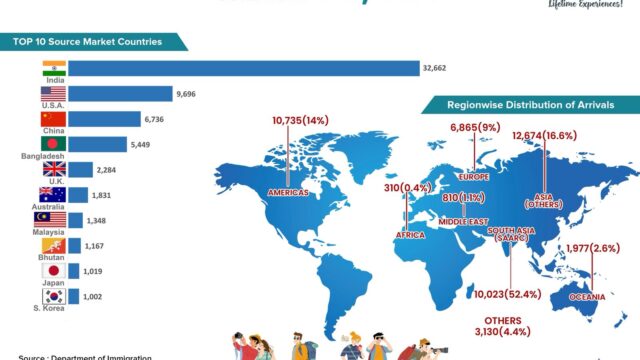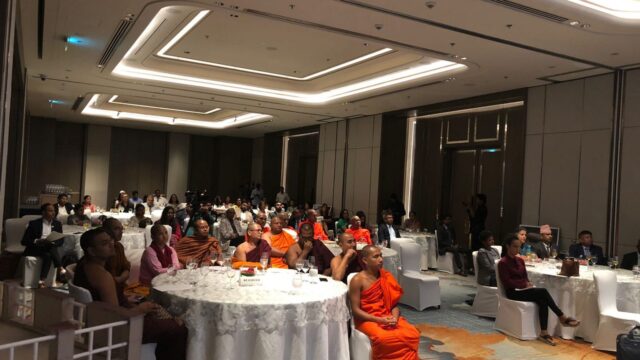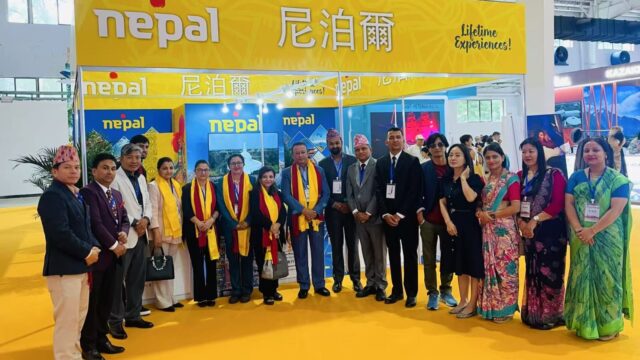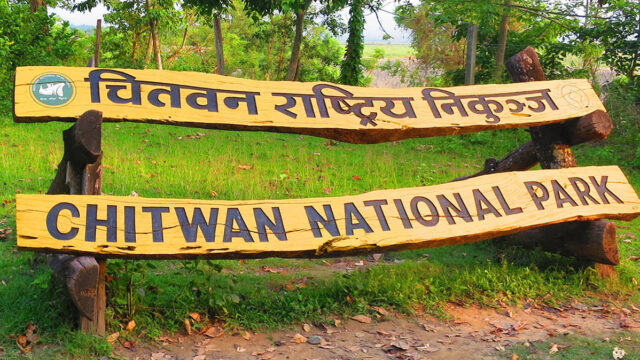Minister for Forests and Environment, Ain Bahadur Shahi Thakuri, has emphasized that snow leopards cannot be confined within the borders of any one nation, highlighting the need for international cooperation to conserve this elusive species. Speaking at the inauguration of the International Snow Leopard Conservation Workshop organized by the National Nature Conservation Trust on Tuesday in Kathmandu, Minister Shahi underscored the importance of improving and protecting snow leopard habitats through collaborative efforts between countries.
“Internally and externally, Nepal has prioritized partnerships in conserving snow leopards,” he said, adding, “From the very beginning, Nepal has given high importance to the conservation of mountain ecosystems alongside wildlife protection.” Calling snow leopards the “Queens of the Himalayas,” the Minister noted they are vital indicators of a healthy high-altitude ecosystem.
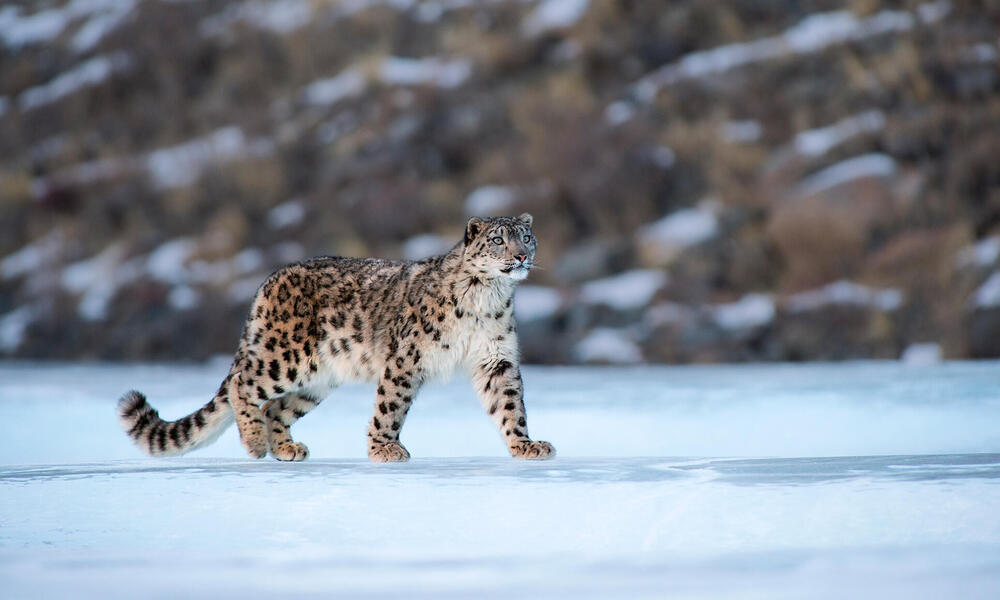
Referring to data, Minister Shahi mentioned that Nepal hosts around 397 snow leopards, about 10 percent of the estimated global population, demonstrating the country’s serious commitment to their preservation. “This important achievement is due to the collective efforts of the Ministry of Forests, its agencies, the National Nature Conservation Trust, conservationists, researchers, NGOs, and local communities,” he remarked. He also praised the use of advanced technologies such as camera traps and DNA testing to monitor these shy and elusive creatures.
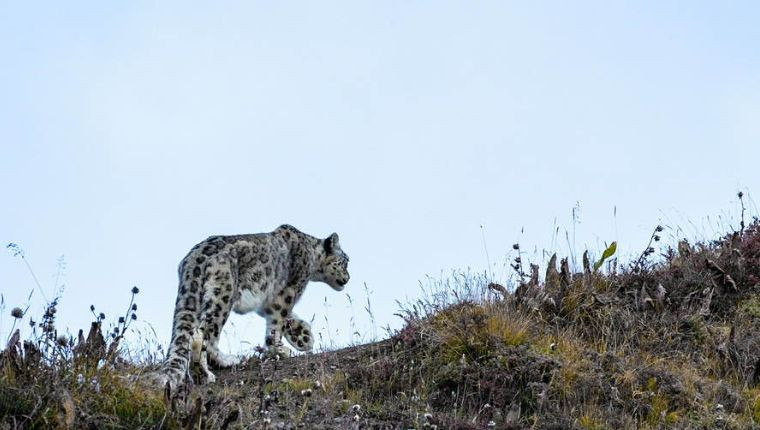
Minister Shahi emphasized that conservation cannot be limited to increasing numbers alone; it requires a long-term vision. He introduced the ‘Snow Leopard Conservation Action Plan 2024–2030,’ estimating a budget of around NPR 1.77 billion for its full implementation. Highlighting that around 42 percent of the snow leopard’s habitat falls outside protected areas, he stressed the need to prioritize habitat conservation, reduce human-wildlife conflict, curb illegal poaching, promote research, and ensure community-based conservation.
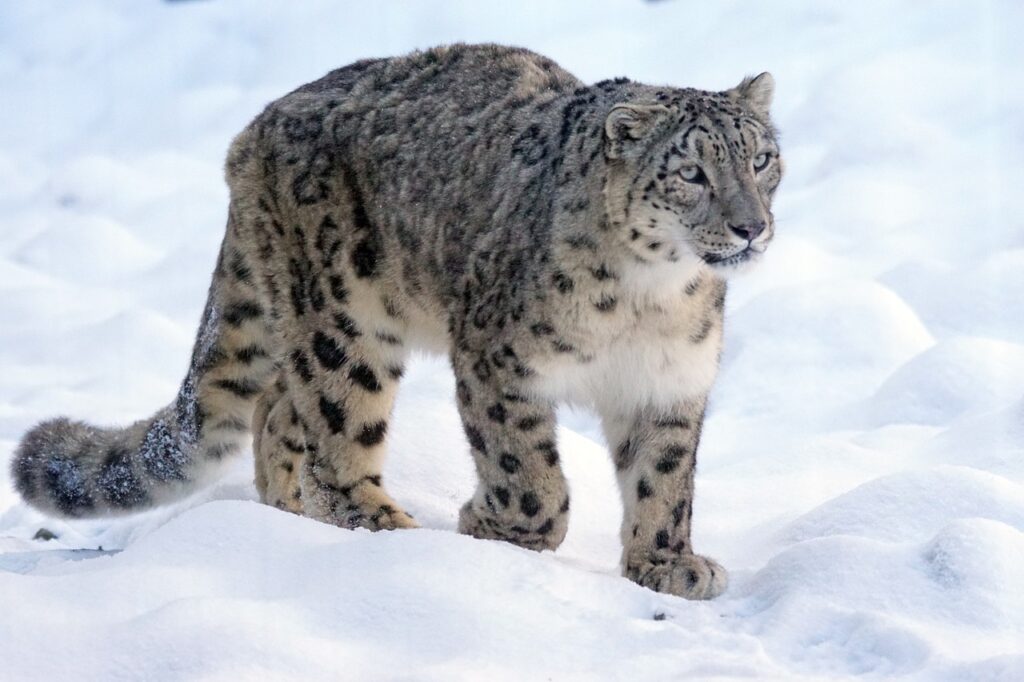
At the event, Dr. Naresh Subedi, Member Secretary of the Trust, stated that the main objectives of the workshop are to facilitate technology and knowledge transfer, exchange experiences, and build capacity. He emphasized that local communities are pivotal to the success of conservation efforts. “When local people are involved, they also reap benefits, including opportunities in eco-tourism and alternative income generation,” Dr. Subedi said. He further mentioned that the workshop offers a vital platform for research, policy dialogue, education, and capacity enhancement.
The two-day workshop features several sessions focused on snow leopard conservation, with active participation from conservationists, researchers, representatives from government and non-governmental organizations, and other stakeholders.
